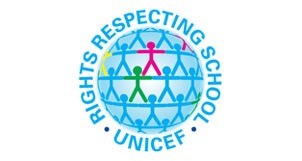E-Safety
E-safety forms part of the safeguarding arrangements that we have in place to protect the children at Glynne. We have a duty to teach e-safety to all children in our care. Staff use opportunities throughout the curriculum to reinforce safe internet use and to deal with issues such as evaluating information. The teaching of e-safety has at its heart Glynne’s Acceptable Use Policy for the Internet which outlines safe and responsible behaviour online.
We recognise and value the learning partnership with parents and carers and encourage them to be actively involved in staying safe at home as well as at school by attending E-safety Parent Information evenings/events and accessing e-safety information on the internet.
There is a balance to be struck, particularly with young children, between encouraging safe use of ICT and making children fearful. The aim is not to discourage use of ICT but to give children the experience, skills and knowledge to use it sensibly and safely. The internet is a powerful and exciting tool and, used with safety guidelines in place, provides many benefits for children.
On-line Guides - What parents and carers need to know about...
Safety Online
http://www.childnet.com/parents-and-carers
https://www.betterinternetforkids.eu/
https://www.getsafeonline.org/safeguarding-children/
Safer Internet Day is a annual focus in school
Please click on the links below to find out more information about Safer Internet Day and how to support your child to stay safe on-line.
http://www.saferinternet.org.uk/
E Safety links to Article 17 of the UN Convention on the Rights of the Child:
Every child has the right to reliable information from the media. This should be information that children can understand. Governments must help protect children from materials that could harm them.
